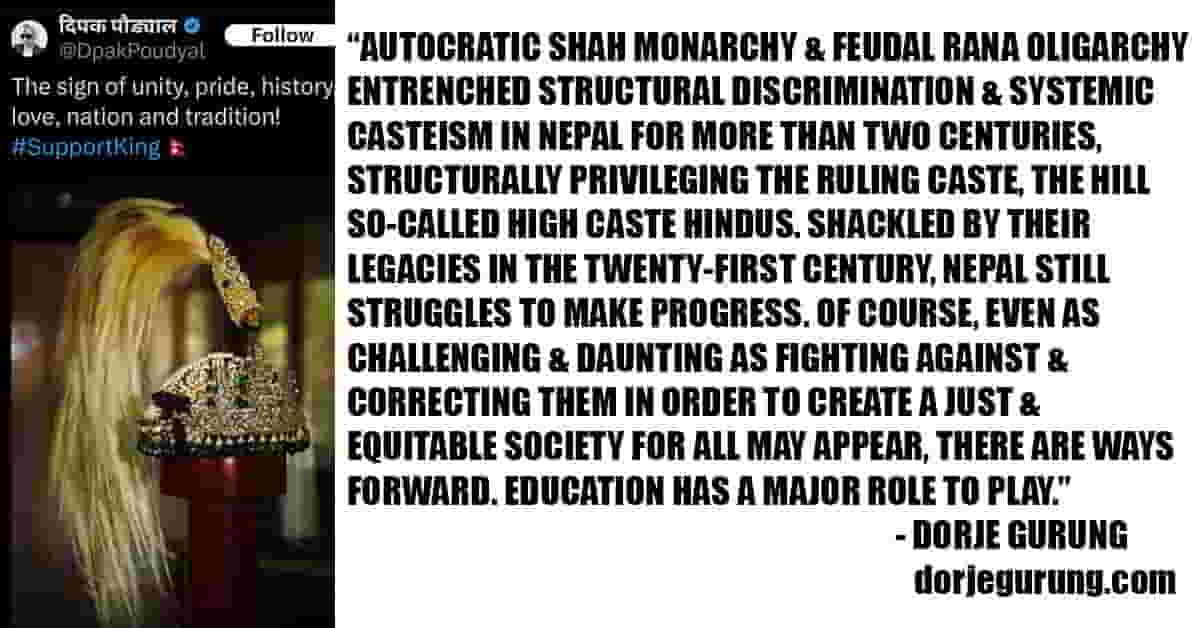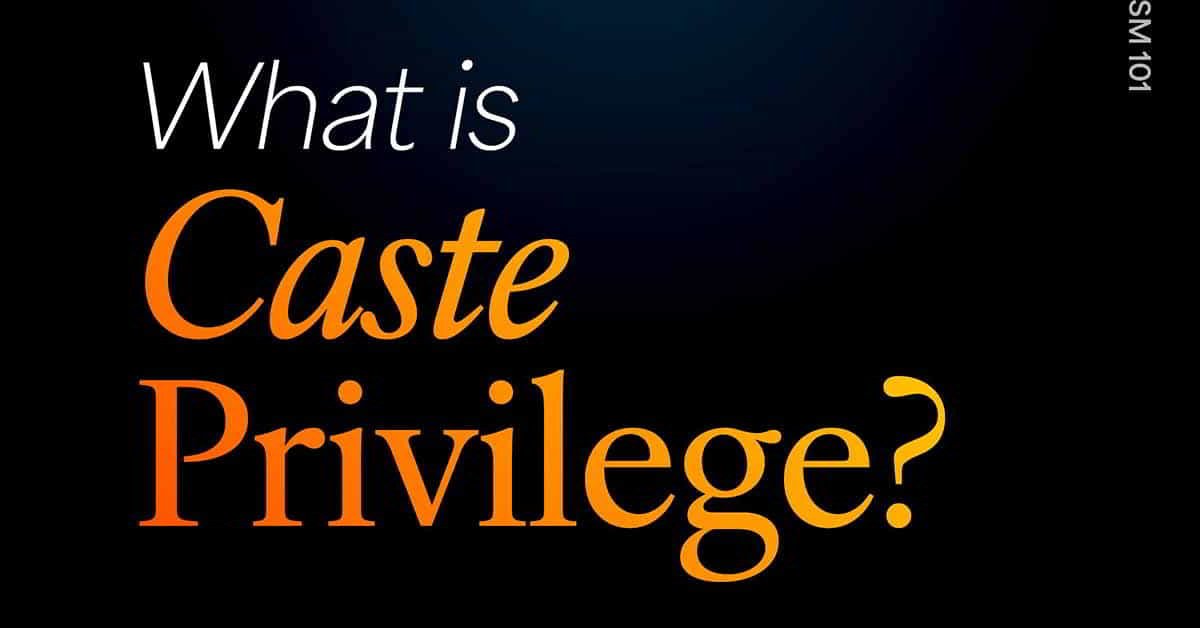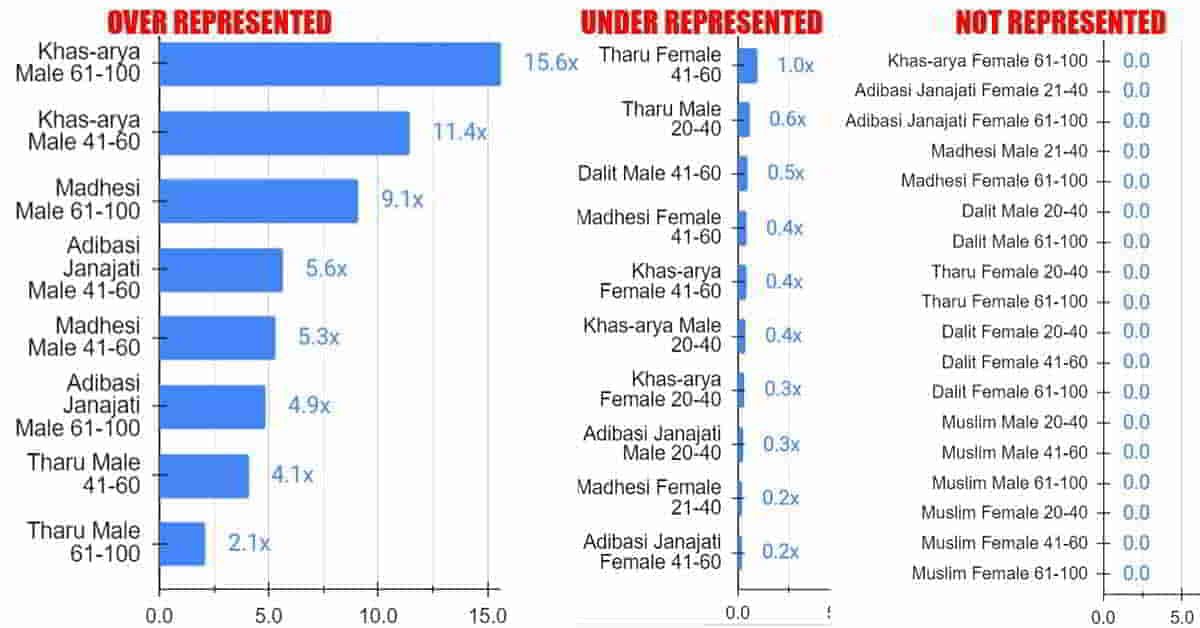How to Fight Legacies of Monarchy-Entrenched Structural Discrimination And Systemic Casteism For a More Just And Equitable Nepal
Autocratic Shah monarchy and feudal Rana oligarchy entrenched structural discrimination and systemic casteism in Nepal for more than two centuries, structurally privileging the ruling caste, the hill so-called high caste Hindus. Shackled by their legacies in the twenty-first century, Nepal still struggles to make progress. But, even as challenging and daunting as fighting against and correcting them in order to create a just and equitable Nepali society for all may appear, there are ways forward. Education has a major role to play.
In a three-post blog series, I am reproducing the answers Grok 3 provided on the subject. This one--the third and final one in the series--details the way forward.




